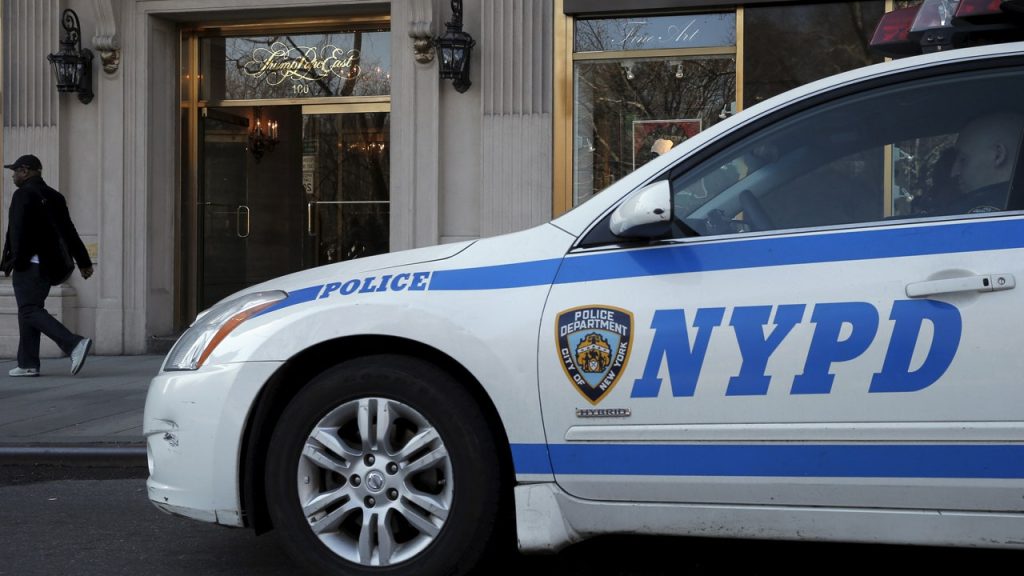A former New York City police officer, Errick Allen, was acquitted of murder in the shooting of his childhood friend, Christopher Curro, on Long Island. The jury convicted Allen only of menacing in the May 2020 shooting, which took place during a confrontation. Allen was off duty at the time of the shooting, and he and Curro had been friends since elementary school in North Massapequa. The New York state Attorney General Letitia James’ office investigated the shooting due to Allen’s status as a police officer.
During the five-week trial, prosecutors from James’ office argued that Allen shot Curro “execution style” in the head, neck, and arm following angry text messages exchanged between the two. However, Allen’s defense attorney, Anthony La Pinta, claimed that Curro had attacked Allen and attempted to take his NYPD-issued gun during the confrontation. La Pinta argued that the shooting was a clear case of self-defense. Despite the prosecution’s arguments, the jury in Nassau County acquitted Allen of murder and manslaughter charges. The only charge for which he was convicted, menacing, carries a maximum prison sentence of one year.
Curro’s mother expressed anger and shock at the verdict, stating that her son was unarmed during the confrontation and only used his words, not weapons or physical force. Suzanne Curro described her son as someone who did not resort to violence. On the other hand, Allen’s stepfather, Kyle Savas, expressed hope for both families to begin the healing process and find peace following the trial. Allen had been incarcerated since his indictment in August 2021 and was scheduled to be released on the same day as the verdict.
Following the trial, the attorney general’s office declined to comment on the outcome. The shooting and subsequent legal proceedings sparked controversy and debate surrounding the circumstances of the incident, the use of deadly force, and the conduct of police officers in off-duty situations. The case highlighted the complex nature of investigating and prosecuting incidents involving law enforcement officers and raised questions about the appropriate use of force in self-defense situations. The verdict in this case will likely have lasting implications for future cases involving similar circumstances and could impact public perception of law enforcement and the justice system.
Overall, the trial and subsequent acquittal of Errick Allen in the shooting of Christopher Curro have brought attention to issues of police accountability, self-defense, and the challenges of investigating and prosecuting cases involving law enforcement officers. The outcome of the trial has evoked strong emotions from the families of both the victim and the accused, as well as from the broader community. The case serves as a reminder of the complexities and controversies surrounding incidents of police-involved violence and the need for transparency, accountability, and fairness in the criminal justice system.


